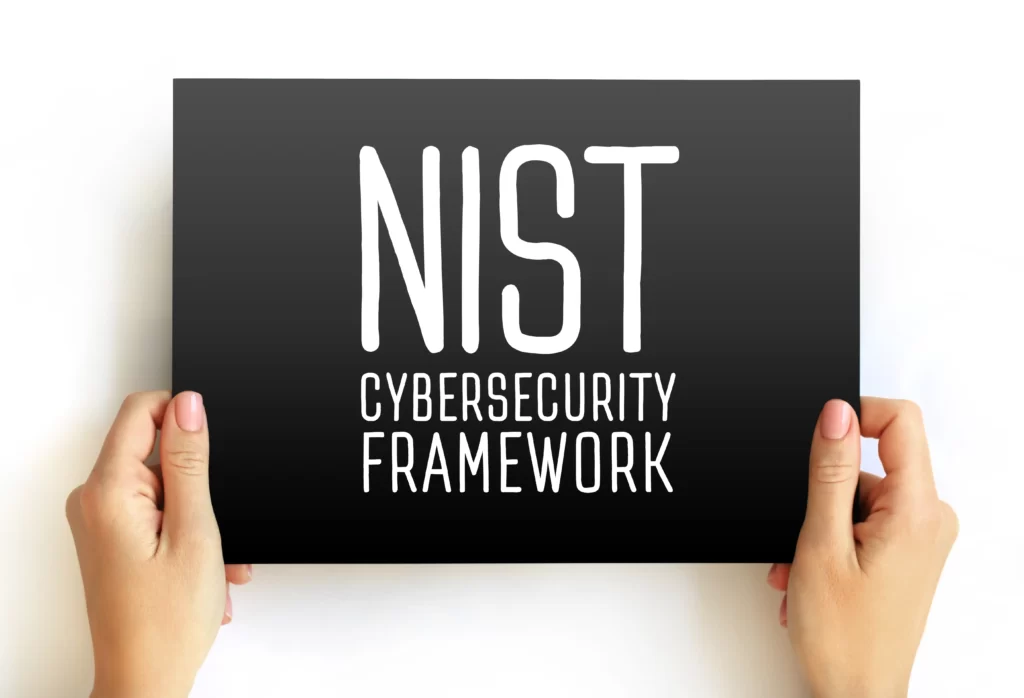NIST 800-53 vs. 800-171: What’s the Difference?

Selecting the right cybersecurity controls is one of the most important decisions your organization has to make. In 2023 alone, more than 3,000 data breaches and 240 supply chain attacks affected thousands of companies in manufacturing, healthcare, financial services, and other sectors. At the same time, complying with advanced cybersecurity frameworks requires a significant investment of time and capital. To help your company know which route to focus on, we’ve prepared a comprehensive guide to NIST 800-53 vs. NIST 800-171, including frequently asked questions and recommendations.
NIST 800-53 vs. NIST 800-171: How Do They Compare?
The National Institute of Standards and Technology publishes handbooks, technical reports and special publications on information security. NIST 800-53 and 800-171 both apply to agencies and organizations that process, store or transmit Controlled Unclassified Information. The most important difference between these mandates is that NIST 800-53 covers federal systems while NIST 800-171 applies to contractors and other non-governmental organizations.
NIST 800-53 Overview
The NIST 800-53 mandate for federal agencies includes 20 families of security controls, such as audit and accountability, access control, identification and authentication, and risk assessment. NIST 800-53 is closely related to other government security guidelines, such as the Federal Risk and Authorization Management Program and the Federal Information Security Management Act.
NIST 800-171 General Information
NIST 800-171 provides a cybersecurity baseline for non-federal contractors and organizations that handle CUI. This information is not classified but may include personally identifiable information, proprietary business information or intellectual data.
NIST 800-171 includes 14 families of controls that are a subset of controls for the NIST 800-53 mandate. Updates to NIST 800-53 generally require new revisions for NIST 800-171 as well.
What Are the Main Similarities and Differences Between Nist 800-53 and 800-171?

A surface-level comparison of NIST 800-53 vs. 800-171 indicates that these mandates share many controls. For example, Access Control, Awareness and Training, Audit and Accountability, Incident Response, Physical and Environmental Protection, and System and Information Integrity are controls under both mandates.
NIST 800-53 also has some unique controls. These include Assessment, Authorization, and Monitoring; Contingency Planning; Program Management; and System and Services Acquisition.
An important difference between NIST 800-53 vs. 800-171 is the number of controls. In practice, additional controls mean that 800-53 requires a higher level of security than 800-171. While NIST 800-171 mandates provide a solid foundation for government-grade cybersecurity, they aren’t broad enough to suffice as standalone frameworks for federal agencies, contractors or non-governmental organizations that handle CUI.
Key Differences Between NIST 800-53 and 800-171 at a Glance
| NIST 800-53 | NIST 800-171 | |
| Who is it for? | Federal agencies, state governments, and companies that work with or have access to federal data systems | Non-federal organizations that come into contact with CUI, including government contractors and subcontractors |
| What does it include? | 20 families of cybersecurity controls | 14 families of controls taken from the overall NIST 800-53 framework |
| How many controls does it have in total? | More than 1,000 different controls | 110 controls that focus on CUI security |
| What is the purpose? | To provide broad data security guidelines that represent optimal practices for processing, transmitting, and storing information | To protect the confidentiality of CUI |
| How difficult is compliance? | Requires wide-ranging, long-term, and detailed organizational measures, including physical security, access control, and environmental protection | Requires a gap analysis, plan of action, and implementation of recommended cybersecurity practices related to CUI protection |
| What is the level of complexity? | High complexity | Moderate complexity depending on scope (e.g., DFARS supply chain) |
| Why is compliance necessary? | Compliance is mandatory for handling federal information, and non-compliance can lead to significant fines and penalties | Compliance is necessary to qualify for government or defense industry contracts; non-compliance violates contractual stipulations, resulting in lost opportunities or lawsuits |
| How do you get certification? | Government regulators perform the security assessment | Many businesses can perform self-assessment for compliance; DFARS contractors may need a third-party assessment and certification |
What Does NIST 800-53 Cover?

NIST 800-53 establishes cybersecurity compliance standards for governmental information systems. This framework is flexible enough to apply to any agency or organization and is future-proof against new threats and changing regulations.
There are three security control baselines for system impact levels under NIST 800-53B, as of Revision 5: low, moderate and high. A privacy control baseline also applies to this mandate regardless of impact level.
What Organizations Does NIST 800-53 Apply To?
Most federal agencies and other government organizations must comply with the NIST 800-53 mandate. In particular, organizations that have FedRAMP designation or are bound to the requirements of FISMA may also be subject to NIST 800-53.
NIST 800-53 serves as the basis for FedRAMP standards for cloud computing and federal service provisions. FISMA sets forth information security requirements for federal agencies, including the requirement that these organizations adhere to the NIST 800-53 mandate. Non-federal organizations can also benefit from referencing NIST 800-53 or 800-171 for guidance.
What Is NIST 800-171?
NIST 800-171 is another Special Publication that establishes a mandate for non-federal organizations, such as contractors that store, process or transmit CUI. CUI is not classified but is sensitive enough that breaches can have serious consequences. All of the controls for this mandate are also applicable under NIST 800-53, but 800-171 covers fewer control families.
Which Companies Does NIST 800-171 Affect?
Organizations seeking to work with the U.S. government may need to comply with NIST 800-171 to qualify for federal contracts. This includes contractors with the Department of Defense, General Services Administration and other government agencies. Contractors under DFARS should consider certifying to CMMC 2.0.
Do Defense Contractors Need NIST 800-171 or CMMC Compliance?
In the past, contractors and other organizations that work with CUI had to comply with NIST-171. Contractors with NIST 800 series mandates are covered in theory, but CMMC 2.0 will soon be a requirement for DFARS contracts. These requirements apply to supply chain operations — such as metalworking processes and electronics production — even if organizations are not linked to federal systems.
DFARS began requiring cybersecurity protocols in 2015 but did not strictly enforce these requirements. Compliance is now a critical factor. By 2025, the Cybersecurity Maturity Model Certification 2.0 will replace NIST-171 for organizations with contracts under DFARS. CMMC 2.0 closely aligns with the NIST 800-171 mandate and 800-172 enhanced controls.
There are three levels of certification for CMMC 2.0. Level 1 applies to organizations that handle federal contract information. Level 2 aligns with the security requirements of NIST 800-171 and is mandatory for organizations that handle CUI. Level 3 certification for high-priority programs draws on NIST 800-171 and enhanced security requirements for protecting CUI from NIST 800-172.
What Does NIST Cybersecurity Compliance Involve?
An important factor to consider when comparing NIST 800-53 vs. NIST 800-171 are the requirements for compliance certification. These vary significantly in scope, cost, and ongoing controls.
For NIST 800-53, federal security teams perform the organizational risk assessments. With NIST 171, self-assessments may be sufficient, but many organizations use independent consultants for impartial third-party audits.
Both of these NIST mandates involve a large number of control families. It can be challenging for companies that are new to adopting cybersecurity measures or smaller organizations with limited resources to comply with NIST 800-171 or the more stringent 800-53 framework.
What Are the Benefits of Compliance With NIST 800-53 and 800-171?

Following cybersecurity best practices is a wise investment:
- Strengthens organizational data protection: The NIST cybersecurity framework provides sound guidelines for safeguarding proprietary data and systems, including rapid detection of breaches and measures to minimize damage.
- Gives your customers greater confidence: For consumers and B2B clients, data security is quickly becoming an essential factor in choosing providers.
- Lucrative government contracts:NIST 800-53, NIST 800-171, or CMMC 2.0 are requirements for bidding on government/defense/DOD supply chain projects.
NIST 800-53 compliance is more challenging, but certification shows your clients that your organization follows the strictest cybersecurity practices.
How Can Your Organization Meet NIST 800-171 and 800-53 Guidelines?
The process of complying with NIST 800-171 or 800-53 takes time. You need to set long-term cybersecurity goals and achieve intermediate steps along the way.
A centralized compliance platform with automation support can be a major help in meeting the requirements of these information security mandates. Compyl supports the rigorous requirements of government-grade security and privacy controls and other relevant frameworks.
What Are the Key Takeaways of NIST 800-53, 800-171, and CMMC 2.0?
Keep in mind the following main points when making a decision on cybersecurity for your business:
- Federal agencies must comply with the NIST 800-53 mandate.
- Contractors and other non-governmental organizations that process, store or transmit CUI are subject to NIST 800-171 or CMMC 2.0.
- Even companies that aren’t officially required to comply with NIST 800-53 may choose to pursue certification.
The main difference between NIST 800-53 and 800-171 is the number of requirements to meet.
NIST 800-53 vs. NIST 800-171: Which Should You Choose?
To make a wise decision, your organization should weigh the costs, benefits, opportunities, challenges and relevance of NIST 800-53 vs. 800-171. Regardless of the model that fits your organization’s needs better, use Compyl to promote compliance through automation and continuous monitoring. Request a demo to discover how Compyl can help your organization meet its information security requirements.




